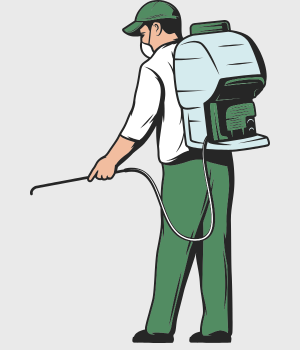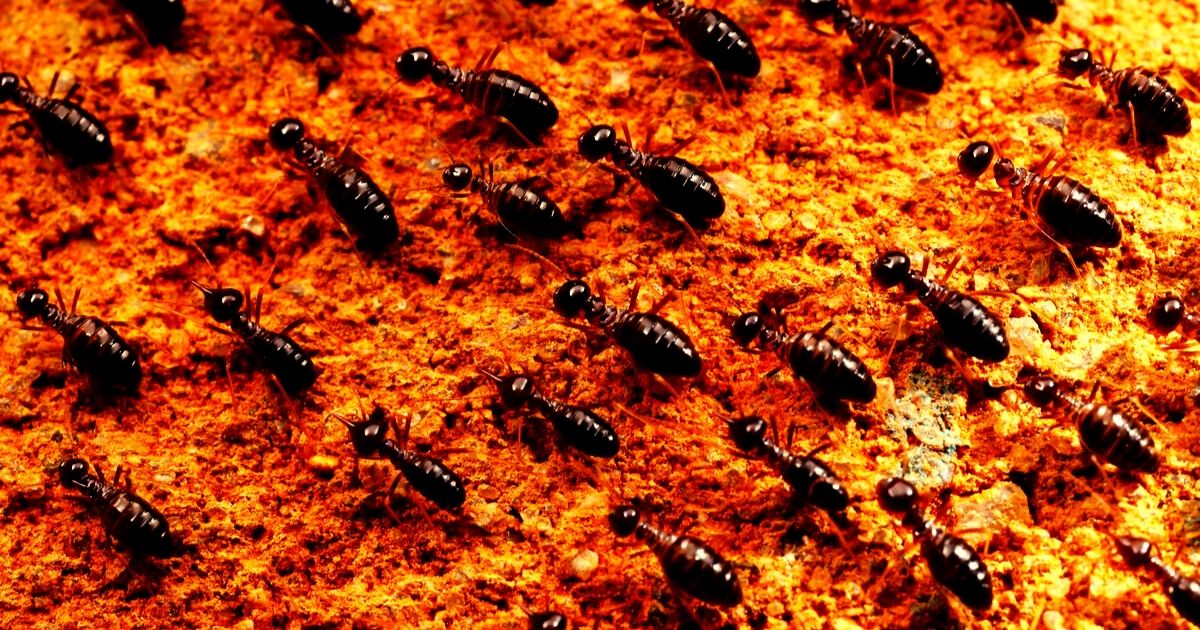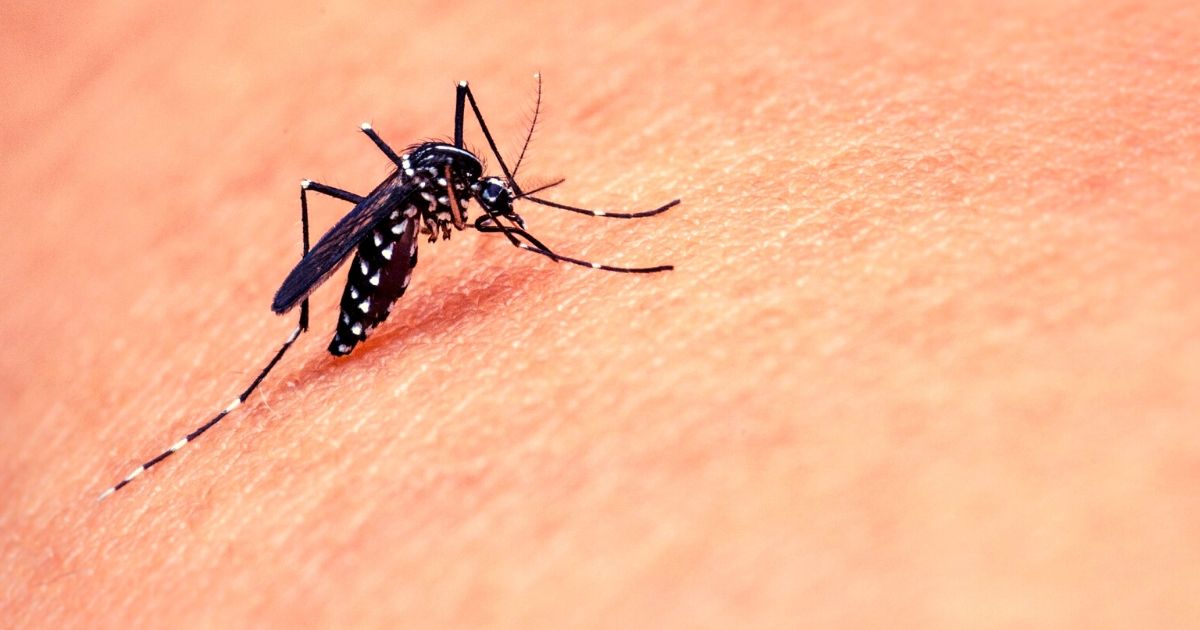Fumigation Treatment: All You Need to Know

The never-ending battle between humans and pests has led to the rapid development of pest management services in Singapore, including fumigation treatments. The wide-ranging pests and their nature of behaviour can interfere with human activities.
The difficulties of controlling pests – due to the limitation on certain treatments’ application – has led us to using fumigation treatment to deal with severe pest issues.
Fumigation treatment in Singapore is usually carried out in the freight, shipping, storage and food manufacturing industries. All fumigators must apply for training and a licence from the NEA (National Environmental Agency). Beyond that, pest management companies are also responsible for the application of fumigation permits before they are allowed to carry out fumigation treatments in Singapore.
Fumigants in Singapore
Fumigation treatment is a unique form of action for pest management.
It is usually adopted by pest management companies and clients when there are no other feasible forms of control to the target pest. However, most fumigants such as hydrogen cyanide, methyl bromide and hydrogen phosphide are toxic to pests as well as humans. Nevertheless, fumigation treatment has effective killing effects and has become an inevitable pest management method in Singapore.
Mode of Action of Fumigation Treatment
Fumigation treatment is a process of release or dispersal of toxic chemicals onto the targeted pests. It can be very fast as the volatile nature of fumigants is able to pass through inaccessible spaces. It has almost no limit to penetrate any object as long as tiny pores are present on the surface of the treated object. In other words, the entire structure is secured with the fumigation treatment. The toxic chemicals enter the pest body mainly through its breathing system.

Target Pests in Fumigation Treatment
In general, fumigation treatment is helpful in dealing with all types of pests including stored product pests, wood borers, subterranean and drywood termites, bed bugs, cockroaches and even rats. It is often carried out in enclosed shipping containers, vessels and warehouses.
Fumigation on smaller structures such as infested wood and furniture is usually done for targeting drywood termites and wood borers. In this case, infested wood has to be removed and placed in an air-tight space to allow the proceeding of fumigation treatment.
Want to find out about pest maintenance programs in Singapore?

Disadvantages of Fumigation
One main disadvantage of using fumigation treatment is that there is no residual effect on the treated structure. Therefore, no residues remain in the treated spaces once the areas have been ventilated and cleaned properly. Hence, it does not help in protecting the treated structure from future pest infestations.
Since the knockdown effect of target pests depends on its respiration rate, low temperature of the treated environment may make the pest less susceptible. This is due to the fact that the lower the temperature of the surrounding, the lower the respiration rate of the pest.
Pro Tip: It's better to hire professional pest management services to ensure the fumigation treatment effectiveness.
Factors Contributing to Fumigation Failure
Fumigation failures are common. It can be due to the improper application and pest resistance. In addition, inappropriate choice of fumigants and loss of fumigant through leakage in treated spaces can also affect the effectiveness of the treatment. Hence, a leak detector is sometimes utilized before the treatment.
Final Note
Fumigation treatment, while seen to be effective because of its volatile and gaseous nature to target pests, can actually be harmful to human and pets. The excessive use and misuse of the fumigants not only pose harmful effects on human’s health but cause adverse effects on the treated commodity and property.
The use of it must be handled by trained and certified fumigators as they will have enough knowledge on its application and precaution steps before and after the treatment.

Pest Problem? Let Us Help.
We offer fast and effective precision treatments to eliminate pests while ensuring a safe environment for your home or business.
Careful planning and application must be adopted before the treatment is carried out. The appropriate choice and use of fumigants are vital as it may cause fumigation failures and hazards to the environment.
Frequently Asked Questions
Fumigation treatment is usually required in freight, shipping, storage and food manufacturing industries. Businesses in these industries must avoid the spread of pests and minimize the risk of damage to the goods or people’s health.
Fumigation treatment usually lasts for years, but it is recommended to have regular inspections to keep the areas protected.
It is important to remove plants and pets before fumigation, and also all the food and medicines that are open and/or are not sealed.






